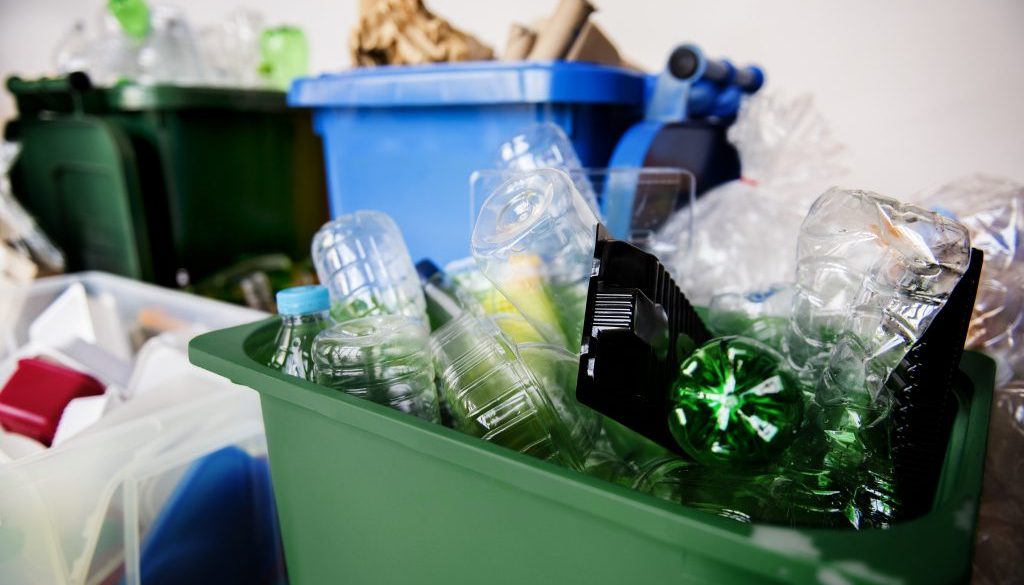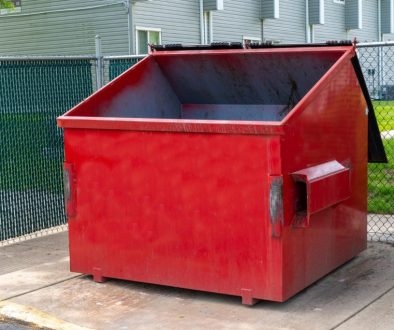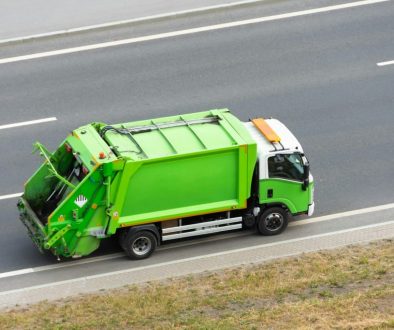Skip hire services are an essential component of effective waste management, offering convenient and efficient waste disposal solutions for residential, commercial, and industrial projects. Whether you are undertaking a home renovation or construction project or need to dispose of large amounts of waste materials from your workplace, hiring a skip is a practical and eco-friendly option to manage waste responsibly. However, the process of planning and organising skip hire can be daunting for those unfamiliar with the essential factors to consider for successful waste management. That’s where we, as a trusted waste disposal partner, can guide you through the intricacies of skip hire planning and help you make informed decisions.
In this comprehensive guide, we will shed light on critical aspects of planning your skip hire, including determining the most suitable skip size, understanding relevant permits and regulations, considering access and space requirements, and pinpointing the best practices in waste segregation and disposal. By exploring each of these factors, you will lay the foundation for an efficient skip hire experience, ensuring waste is managed responsibly whilst optimising costs for your specific projects.
Undoubtedly, successful skip hire planning revolves around several interconnected elements, each playing a vital role in guaranteeing that you meet your waste disposal needs without compromising on sustainability, efficiency or budget. Besides, planning your skip hire effectively will not only save you time and money but also contribute positively to the environment by promoting responsible waste management. When you properly organise your skip hire, waste can be correctly segregated, recycled and disposed of, reducing the amount of waste that ends up in landfills.
Equipped with the knowledge and insights offered in this guide, you will be better prepared to navigate the complexities of skip hire planning and ensure a smooth, problem-free experience. As a family-run skip hire and aggregate company servicing Staffordshire, we are dedicated to providing first-class services tailored to your unique needs while adhering to environmental best practices. Let’s begin your journey to efficient waste management with our expert advice on planning your skip hire.
Determining the Right Skip Size
One of the most crucial aspects of skip hire planning revolves around choosing the right skip size to cater to your specific waste disposal needs. Skips come in various sizes, suitable for different types and volumes of waste, so it’s essential to assess your requirements carefully. Here are some common skip sizes and their respective applications:
1. Mini Skips (2-3 cubic yards) – Ideal for small domestic projects such as garden clean-ups or minor home renovations.
2. Midi Skips (4-5 cubic yards) – Suitable for larger home improvement projects, including kitchen or bathroom refits and medium-sized garden tidy-ups.
3. Builders Skips (6-8 cubic yards) – Perfect for more extensive renovation works or construction projects with significant waste generation.
4. Large Skips (10-16 cubic yards) – Best suited for commercial or industrial projects, producing large quantities of waste material like building debris, soil, or rubble.
By accurately estimating the waste volume and selecting the appropriate skip size, you can optimise costs and avoid overfilling or under-utilising the skip.
Understanding Permits and Regulations
When planning your skip hire, it is vital to consider local regulations and permits. If you intend to place a skip on public property (e.g., a roadside), you will typically need to secure a permit from your local council. Regulations may vary across regions, so it’s important to familiarise yourself with the specific requirements in your area. You can also consult with us, as a skip hire provider, to guide you through the process and ensure your skip hire complies with all necessary regulations.
Access and Space Considerations
Before arranging for skip delivery, evaluate the access and space requirements at your intended location. Ensure there is ample space for the skip lorry to manoeuvre, offload, and pick up the skip safely. Additionally, consider any potential obstructions, such as low-hanging tree branches, narrow passageways, or parked vehicles. By addressing these factors beforehand, you can save valuable time and resources, ensuring a seamless and trouble-free delivery process.
Waste Segregation and Disposal Best Practices
Maximising the efficiency of your skip hire demands responsible waste segregation and disposal practices. Adhering to a few simple guidelines will enable you to manage waste more sustainably and comply with environmental regulations:
1. Separate Waste Types: Segregate waste materials into recyclable and non-recyclable categories, ensuring proper recycling and reducing landfill disposal.
2. Know the Restrictions: Be aware of any materials that cannot be placed in a skip, such as hazardous waste, asbestos, batteries, or tyres, and arrange for appropriate disposal methods.
3. Maximise Skip Space: Load the skip strategically by placing larger, bulkier items at the bottom and filling all available space to prevent overfilling.
4. Keep Weight Distribution in Mind: Distributing the weight evenly throughout the skip will make the collection and transportation process easier.
Incorporating these best practices will not only help you make the most of your skip hire but also contribute to a greener, more sustainable environment.
Conclusion
Planning your skip hire effectively is the key to ensuring efficient waste management and optimised costs for your projects. By carefully considering factors such as skip size, permits and regulations, access requirements, and waste segregation practices, you will be well-equipped to handle waste disposal for any residential, commercial, or industrial project seamlessly. Furthermore, partnering with Enviro Skip Hire can significantly simplify the planning process and provide professional assistance every step of the way. Get in touch with us today to learn more about our skip hire and waste management solutions, and let us assist you in making your waste management efforts both efficient and environmentally friendly.




